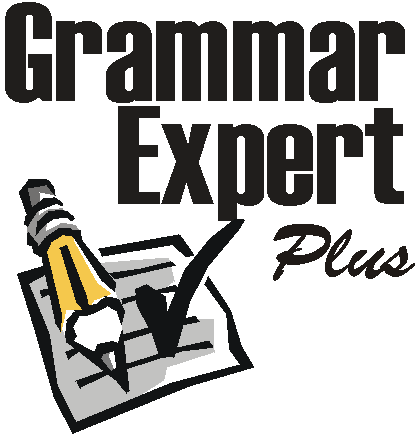Yes / No questions
In English, there are two basic types of questions:
Yes / No questions and
Wh- questions.
Yes / No questions are also called
closed questions because there are only two possible responses:
Yes or
No. When forming a
Yes / No question, it must include one of these verbs:
BE,
DO,
HAVE, or a
modal verb. It is impossible to ask a
Yes / No question without one of these verbs.
| correct |
|
incorrect |
| Are elections next year? |
Elections next year? |
| Does he want to stay? |
He want to stay? |
| Have the boys eaten? |
The boys eaten? |
| Can the dog swim? |
The dog swim? |
Use the verb BE to ask
Yes / No questions about the identity or description of a person, place, or thing.
| question |
|
response |
| Am I your friend? |
Yes. / Yes, you are. / Yes, you are my friend. |
| Is this a good restaurant? |
No. / No, it is not. / No, it is not a good restaurant. |
| Are these islands Greek? |
Yes. / Yes, they are. / Yes, these islands are Greek. |
| Was his idea interesting? |
No. / No, it wasn’t. / No, his idea was not interesting. |
| Were they happy? |
Yes. / Yes, they were. / Yes, they were happy. |
Note that the response can be short (Yes. / No.), or long: Yes or No followed by the subject and verb.
Use the verb BE with a preposition to ask
Yes / No questions about a present or past location.
| question |
|
response |
| Am I at the correct location? |
No. / No, you aren’t. |
| Are the keys under the books? |
No. / No, they are not. |
| Was his house on an island? |
Yes. / Yes, it was. |
| Were the demonstrations in the center of town? |
No. / No, they weren’t. |
Use the verb BE to ask a
Yes / No question about a current activity or situation. This requires the
present progressive: BE + (verb+ing).
| question |
|
response |
| Am I going with you and Tom? |
Yes. / Yes, you are. |
| Is she working today? |
No. / No, she isn’t. |
| Are we seeing a play tomorrow? |
Yes. / Yes, we are. |
Use the verb BE to ask a
Yes / No question about a past activity or situation. This requires the
past progressive: WAS / WERE + (verb+ing).
| question |
|
response |
| Was it raining? |
Yes. / Yes, it was. |
| Were they playing? |
No. / No, they weren’t. |
Use the verb BE to ask a
Yes / No question with the passive voice.
| question |
|
response |
| Is gold mined in Canada? |
Yes. / Yes it is. |
| Are flowers grown here? |
No. / No, they are not. |
| Was the book read? |
Yes. / Yes, it was. |
Use the verb HAVE to ask if somebody has done something or if some action has taken place. Note that these
Yes / No questions use the present perfect (HAVE + past participle).
| question |
|
response |
| Has your brother left? |
No. / No, he hasn’t. |
| Have you driven before? |
Yes. / Yes, I have. |
| Has the party started? |
Yes. / Yes, it has. |
Use the verb DO to ask
Yes / No questions in order to obtain facts about people, places, or things.
| question |
|
response |
| Do they smoke? |
No. / No, they don’t. |
| Does it rain here? |
Yes. / Yes, it does. |
| Did the key work? |
No. / No, it didn’t. |
Use
modal verbs to ask
Yes / No questions about possibilities or uncertainties.
| question |
|
response |
| Can we stay? |
Yes. / Yes, we can. / Yes, we can stay. |
| Could this be true? |
Yes. / Yes, it could (be true). |
| Should they stop? |
No. / No, they shouldn’t (stop). |
| May I help you? |
Yes. / Yes you may (help me). |
Remember: When asking
Yes /
No questions with DO or a modal verb, the main verb remains in the
base form (without
to).
| correct |
|
incorrect |
| Do you drink coffee? |
Do you to drink coffee? |
| Does she work here? |
Does she to work here? |
| Can I go with you? |
Can I to go with you? |
| Should we email her? |
Should we to email her? |
However, if there are two verbs that follow DO, the second verb remains in the
infinitive (with
to).
| correct |
|
incorrect |
| Do you want to drink coffee? |
Do you want drink coffee? |
| Does she like to work here? |
Does she like work here? |
| Did you need to go home? |
Did you need go home? |
Note that there are several ways to answer
Yes / No questions, especially when using contractions.
|
|
| Webgraphy: |
http://www.elearnenglishlanguage.com/blog/learn-english/grammar/questions-yes-no/ |
|
|
|
|
|
| | |

